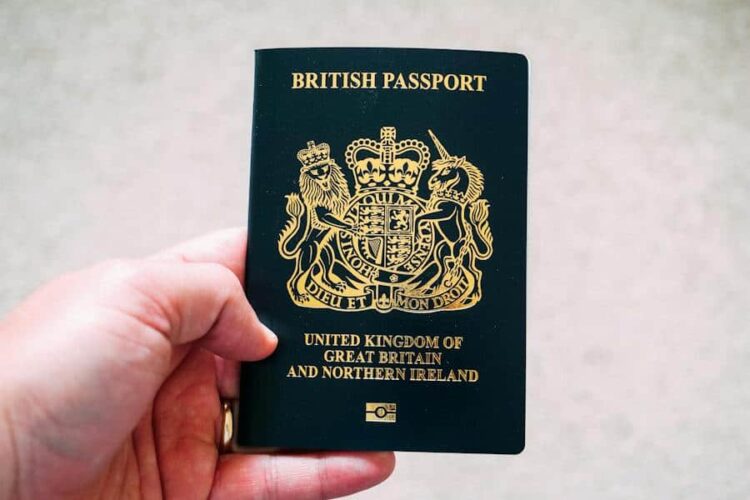As the world becomes more interconnected, the idea of obtaining a different citizenship is common among many. Whether looking for a lifestyle change, studying, or exploring new economic opportunities, you need to get it right with the plans. Before making the applications, thoroughly know the protocols and specific requirements. This article explores the different approaches to consider in getting citizenship in a different country.
Investment-Based Citizenship
This citizenship pathway allows you to attain a country’s nationality as a high net-worth individual. The residence-by-investment program allows you to make a financial investment in exchange for the permanent residence. The rules vary from country to country, but essential requirements revolve around entrepreneurship and financial capacity.
You must be of legal age and have an active bank account with a regulated bank in the country. Depending on the nation, you may be required to have a particular minimum net worth. The immigration department will also do thorough evaluations to understand your source of wealth.
Birthright Citizenship
This legal principle is central in citizenship, granting automatic nationality to anyone born within a nation’s territory, regardless of the parent’s nationality. The concept has deep roots in the right of the soil (jus soli) tradition and helps cultivate a sense of belonging. In the United States, for instance, it’s outlined in the 14th Amendment of the Constitution.
This approach is a mechanism for achieving more inclusivity and social integration in many nations. With the push for adjustments to make the principle more parentage, lawmakers are looking for better ways to do amendments.
Spousal or Partner Route
In many countries, civil partnerships and marriage are considered as bases for obtaining citizenship. For instance, if you’ve tied the knot with a citizen from the respective country, you can proceed with the application process. As an applicant, you need to display the authenticity of the relationship, and it may be necessary to meet specific residency requirements.
If you have been in a common-law relationship with a permanent resident or a citizen in the UK, you may also consider a De Facto Visa. This option holds when you have amalgamated your financial affairs to a substantial degree and been in the relationship for a minimum of two years. When considering a UK Unmarried Partner Visa, seek help from immigration law experts. These professionals will review the documents and offer quality guidance to ensure your application is error-free.
Citizenship by Descent
You have automatic eligibility if one or both of your parents have full nationality. It reflects a nation’s intentional efforts to preserve its heritage and cultural ties. While going through this process, it’s necessary to present the relevant documents to support the familial relationship. This includes both your and your parent’s birth certificates. Depending on the ancestral link, the eligibility criteria may change, making it essential to familiarize oneself fully with the requirements.
Naturalization
This method allows you to apply for citizenship after living in the country for a specific time. For instance, the required period in the US and UK is five years. You must also have spent the required period under the legal residency status. As you go through the naturalization process, you perform several checks, including evaluating your conduct over the period. Some assessments may also determine your knowledge of the common laws and level of patriotism.
Endnote
Getting a new citizen can be smooth when you follow the proper protocols. You want first to understand the qualifying factors set by the respective nation. Collect the necessary papers from here and cooperate with the immigration department.










